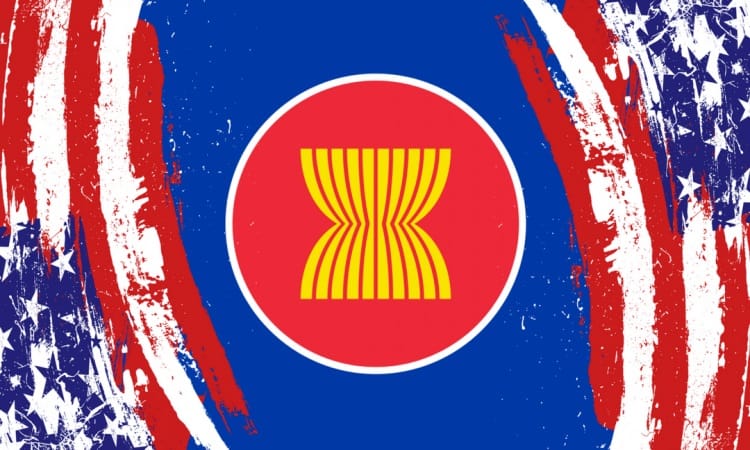The regional architecture in Asia is fast evolving, with China’s new initiatives gaining more traction. As Japan and the USA attempt to balance China’s growing influence by extending their own economic reach in Asia, ASEAN must stay united on all fronts and carefully navigate this rapidly-changing landscape. As a group of mostly small and medium-sized states, ASEAN does not have the same authority as its larger neighbours. But it has thus far remained relevant to the region’s key players by acting as a convener – the “driver of the bus”. The fact that a major meeting of the chief negotiators involved in forming the Asian Infrastructure Investment Bank (AIIB) was held in Singapore last week underscores this role for ASEAN.
Last week, negotiators gathered in Singapore for the final time, to discuss the Articles of Agreement (AoA) for the Asian Infrastructure Investment Bank (AIIB). The bank’s operational details have now been agreed on, and the actual signing is expected by the end of next month. Beijing’s decision to hold several of the negotiators’ meetings outside of China shows that it is trying to engage with its stakeholders in a more neutral setting, and avoid having the bank be seen as purely a Chinese vehicle. Past meetings have been held in Beijing, but also in Mumbai and Jakarta, making Singapore the second ASEAN city to host the talks.
The bank will be in operation by the end of this year and is shaping out to be a multilateral institution which seeks to incorporate the interests of various states, not just China’s. This can be vividly seen with China rejecting the opportunity to have a veto power in the new institution – illustrating that no one country will dictate the decision making process of the bank. This decision is of utmost significance as it structurally contradicts US led International Monetary Fund (IMF) and World Bank where the USA exercises a final say despite having less than 20 per cent of the votes.
Neither Japan nor the USA is currently part of the AIIB. However, Japan has promised to inject US$110 billion (S$147 billion) into the Asian Development Bank (ADB), where it wields effective authority, to help develop quality and environmentally friendly infrastructure across Asia. This move by Abe’s administration is indicative of potential tensions manifesting as China and Japan both attempt to exert influence over the region’s developmental agenda, ostensibly for the common good – though cynics would say the moves have more to do with each country’s national interest.
All of this comes at a time when USA’s strategic pivot to Asia is in question. The USA has been trying to secure the long-delayed Trans-Pacific Partnership (TPP) free trade agreement for the past few years. As much as the senate has granted President Obama with the controversial Trade Promotion Authority (TPA), the House of Representatives will still have to vote later this year. This is a crucial step as opposition is greater in the House of Representatives as they are more reluctant to discuss trade deals that cannot be amended by Congress, just approved or rejected. If materialised, the TPP would solidify America’s engagement and commitment to the region – an international presence that would create a new equilibrium in Asia as China and Japan continue to exercise their bold foreign policies.
Against this dynamic backdrop, some ASEAN Member States are nestled between Chinese and Japanese led infrastructure projects while others are in negotiation with the USA for the TPP. Despite all of these engagements, ASEAN must continue to espouse its centrality, especially as it endeavours to move towards a seamless common market by the end of 2015. As global powers court ASEAN through various trade agreements and projects, ASEAN should remain committed to the region by prioritising its integration efforts. Furthermore, as larger forces attempt to spread their sphere of influence, ASEAN should continue to espouse the notion that ASEAN states will have a stronger and louder voice through ASEAN. As the group is made up of small to medium size countries, the group must stay united and act in the interest of the region, or it will risk being exploited by more dominant international players. ASEAN must continue to work on its centrality and avoid being pulled in different directions by larger, more formidable international players.
Sources:
A Big Step Forward for China’s AIIB [ The Diplomat, 23rd May 2015]
Obama Wins Trade Victory in the Senate [Washington Post, 22 May 2015]
Photo Credit: US Mission to ASEAN




